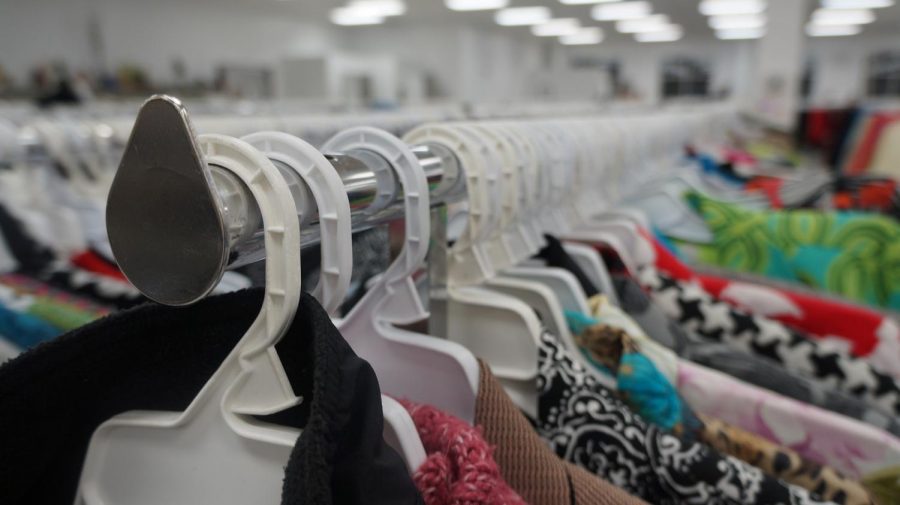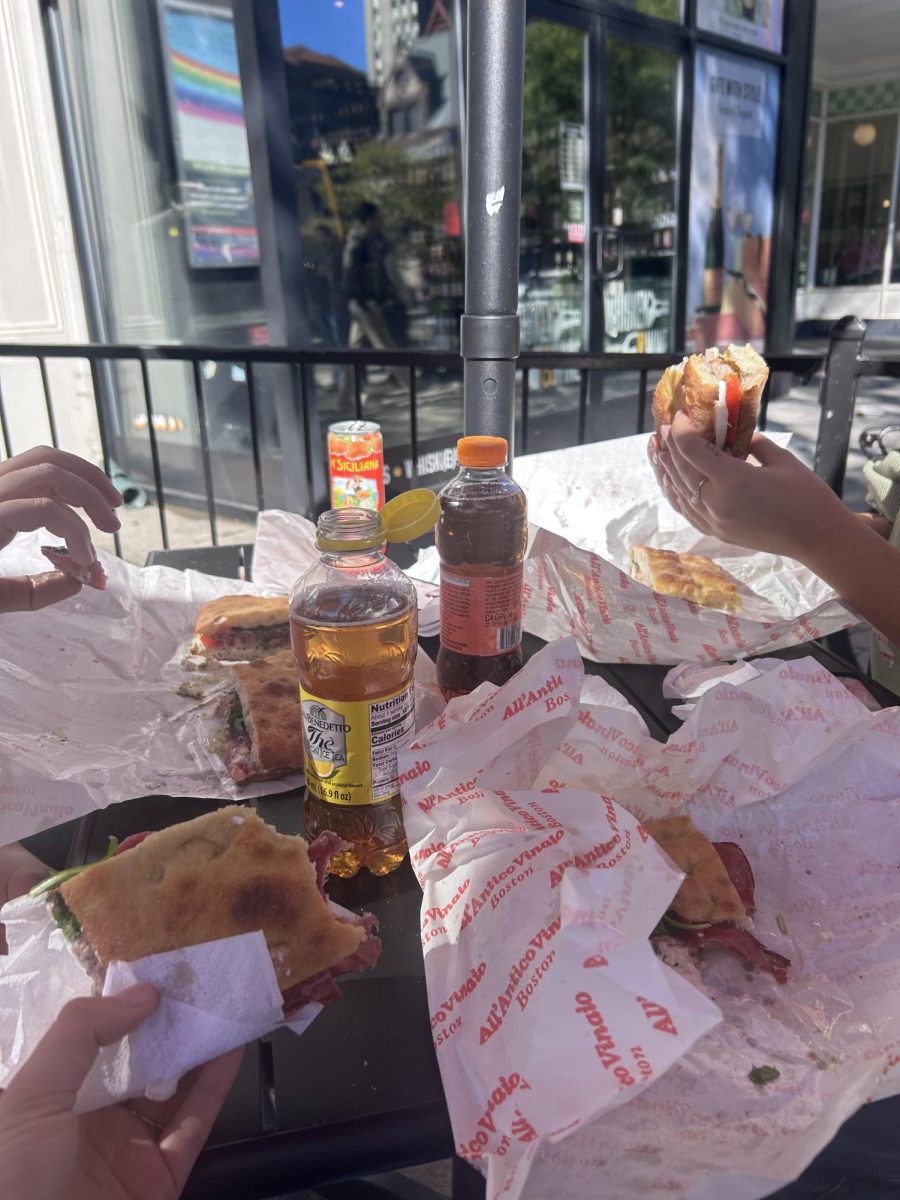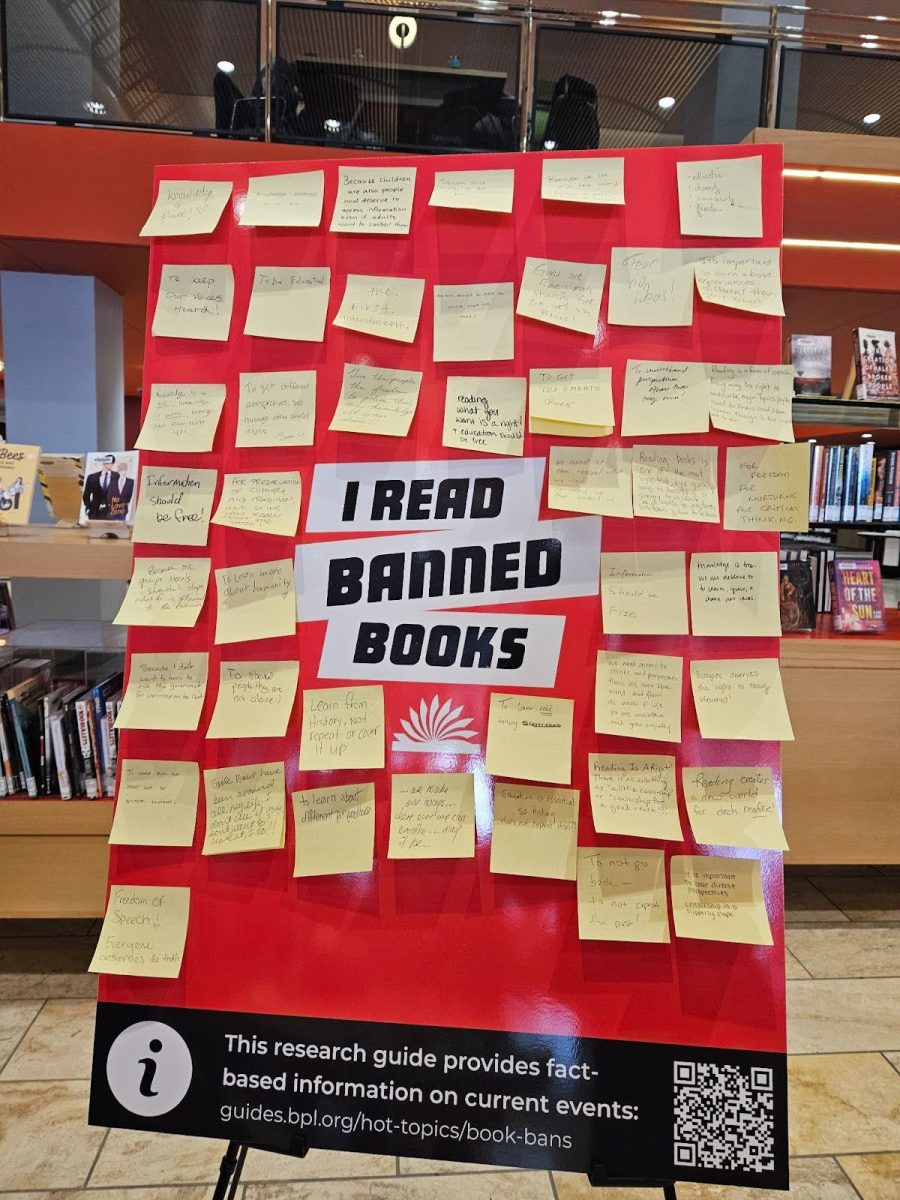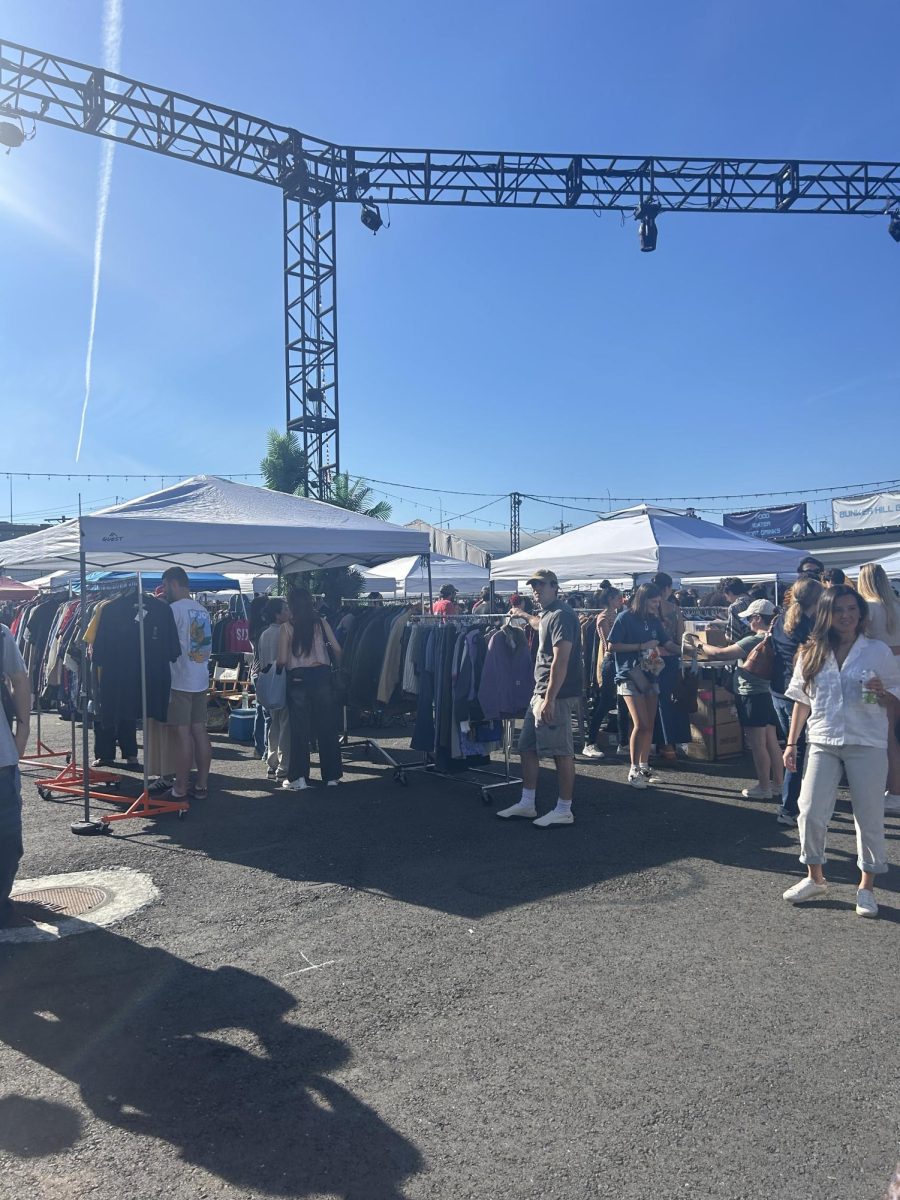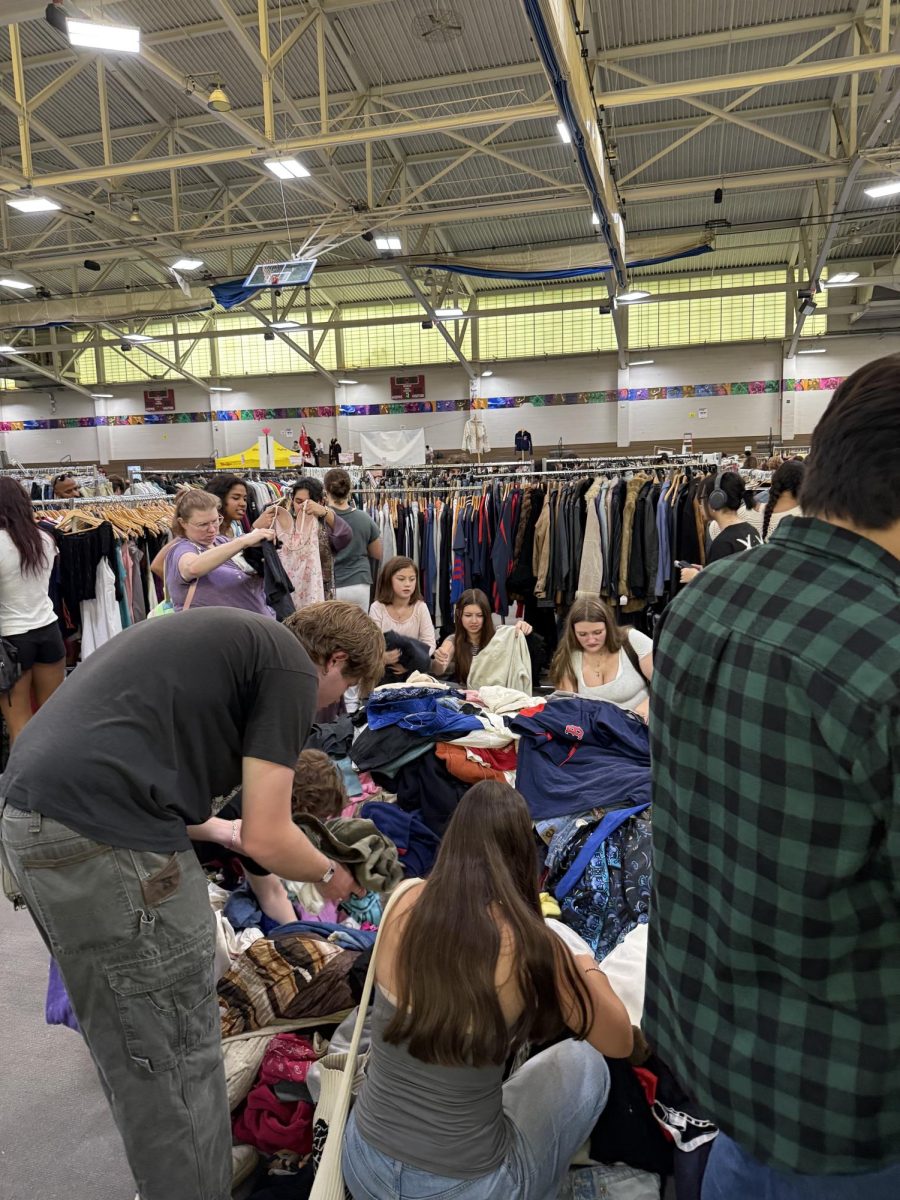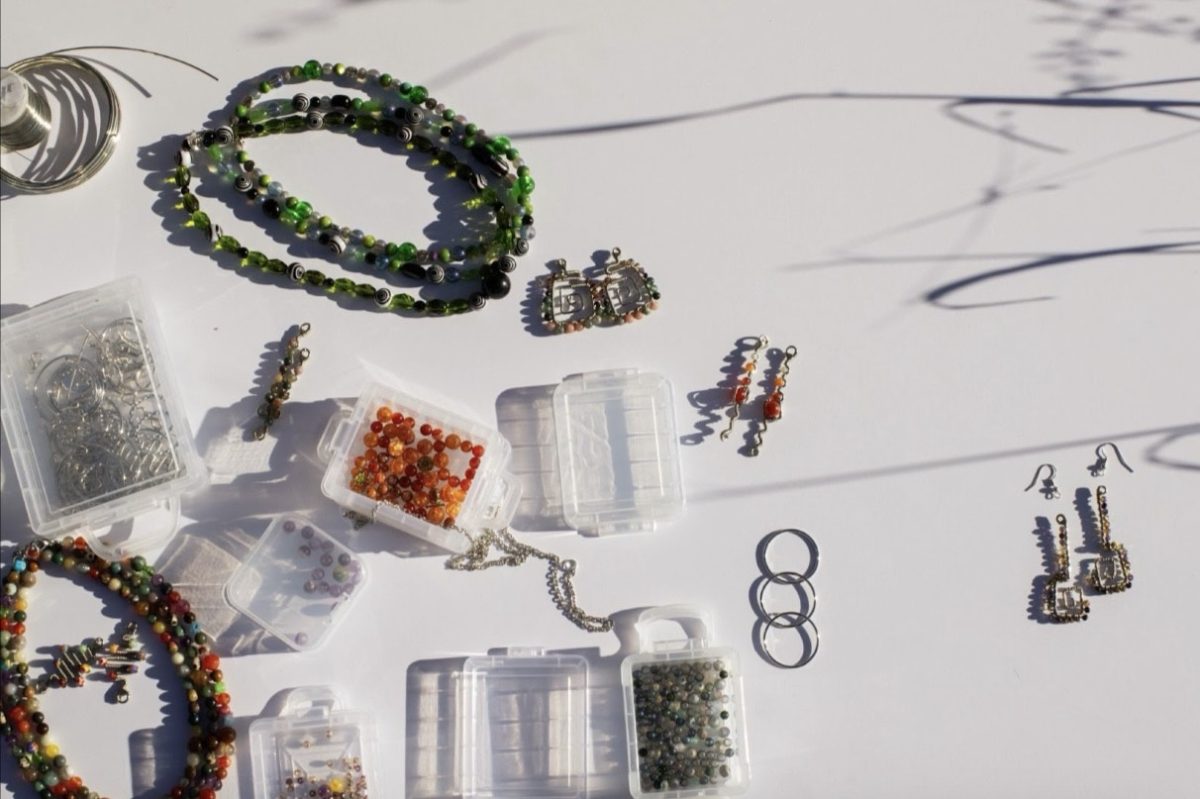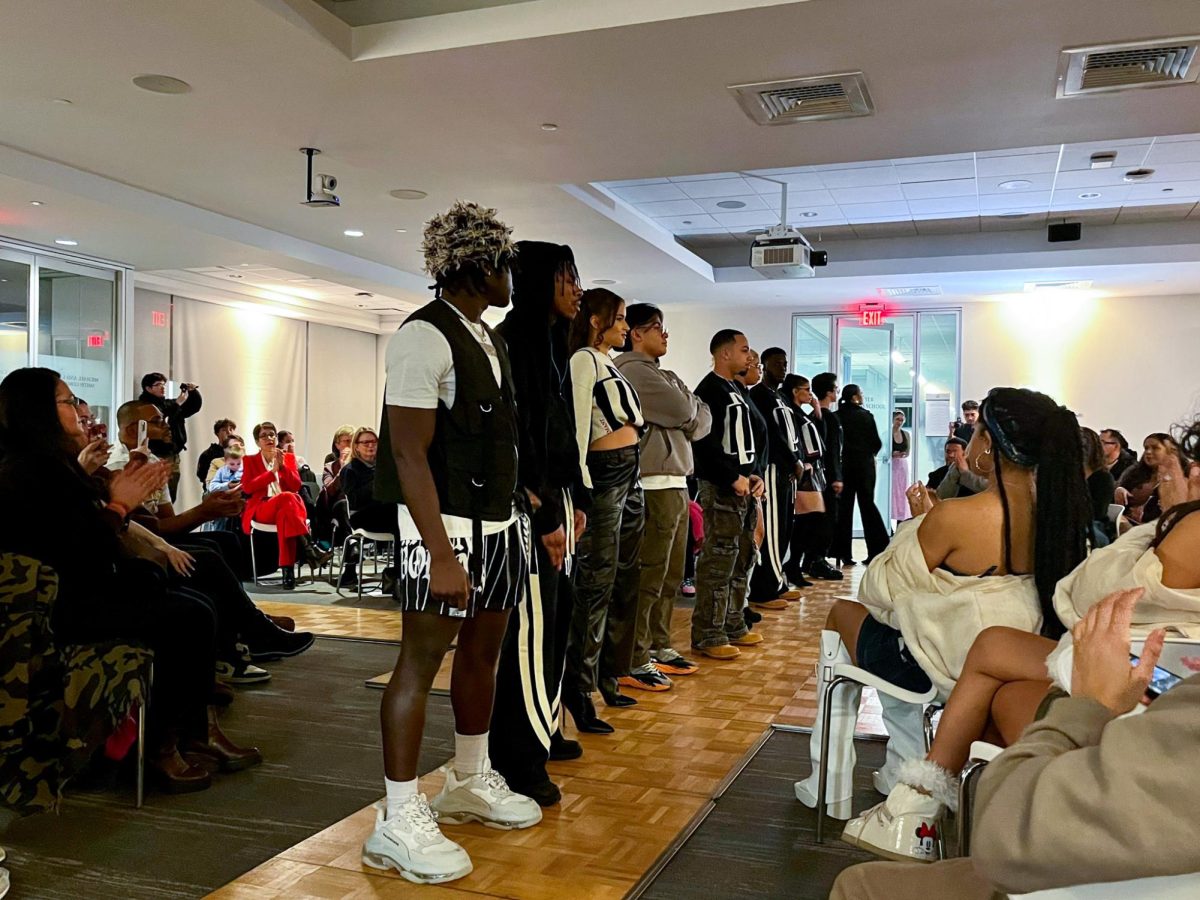In a world where social media, influencer culture and shopping hauls are such a large presence in our lives, fast fashion is quickly becoming an alarming environmental issue.
Fast fashion is inexpensive clothing produced rapidly by mass-market retailers in order to satisfy the latest trends. Think of Zara or Forever 21. It’s a highly profitable and exploitative business model, as these companies can mass produce clothing at low costs and unethically put employees in unsafe work conditions, often being forced to work long hours in sweatshops.
It’s not just the disposal of the clothing in landfills that’s bad for the environment. High carbon emissions (fast fashion attributes to 1.2 billion tons per year) and water pollution are also huge factors in this. A large portion of the clothing also contains toxic fabric dyes and other ingredients that contaminate freshwater.
Fast fashion is quickly becoming one of the worst issues with the world’s current climate crisis. It is the fourth largest cause of environmental pressure today, according to research from the European Environment Agency.
However, fast fashion isn’t just bad for the environment. It’s also not cost-effective or quality effective.
Influencer and Instagram culture is a big part of the problem with fast fashion becoming such a rapid issue. While it’s true that everyone who participates in the fast fashion culture needs to stop contributing, a much bigger problem than the average person buying a few things from mass-producing companies are these internet celebrities using fast fashion to create content.
Many viewers today eat up videos titled “$500 Shein haul,” all while ignoring the fact that most, if not all of the clothes featured in the video, will be added to a landfill within a few weeks.
Internet celebrities thus encourage their viewers to buy from these companies, not to mention Instagram influencers who frequently post promo codes and deals for these huge companies. A 15% off code isn’t worth the planet’s clean water.
“There are some really cute and trendy styles from brands like Shein and Fashion Nova, but at what cost? The quality is trash, it falls apart and ends up in a landfill. Throw away culture is on the rise and that’s a problem,” said Laura Christensen, a sustainable stylist and reseller from Marblehead.
The best solution to this rising concern is simple: shop secondhand, shop local.
At first, it might sound scary and expensive, especially for young adults and students. But if you do it right it’s actually affordable.
Christensen opened up about how shopping secondhand is actually not only cheap, but it’s better quality than those huge retail stores. In the sense of keeping with a trend, she recommends shopping with an open mind, and sometimes you may even find real designer brands.
“You can almost always find something inspired by current trends. You won’t be successful if you have your mind stuck on one specific piece, but rather look at silhouettes, colors, and patterns,” she said.
Though shopping secondhand is gaining some traction in today’s culture, Christensen still thinks it to be “untapped” on the North Shore. People don’t realize it’s not just the cheap prices, but the condition of the clothing is often much better too.
One can see how at first young people might be hesitant to switch from these mass retailers, which sell popular new styles and are great for students on a tight budget, but thrifting is not as costly as one might think and it’s a fun activity to do with friends. There are tons of local options for Boston students, many of which offer student discounts.
Buffalo Exchange is a local favorite, with locations in both Brookline and Somerville. This store keeps up with the trends, so you’ll always find something in style there.
Another great option for Boston students is The Garment District, in Cambridge. They recently reopened their by-the-pound pile where you can fill a bag of clothes and then use your student ID to get a discount. One closer to the Suffolk campus can be found right in Beacon Hill; The Blessing Barn, has a lovely selection of clothing, shoes and accessories, as well as other items like decor and furniture.
Christensen recently re-launched a sustainably styled squad Facebook group, partnered with a friend from France who has a large background in fashion education and history. They’re currently offering a free place to resell within their platform as well as sharing style tips and looks on their feed.
Remember, support your local thrift stores, shop secondhand and there’s no better trend than saving our environment.
Follow Abby on Twitter @astreabbs.


